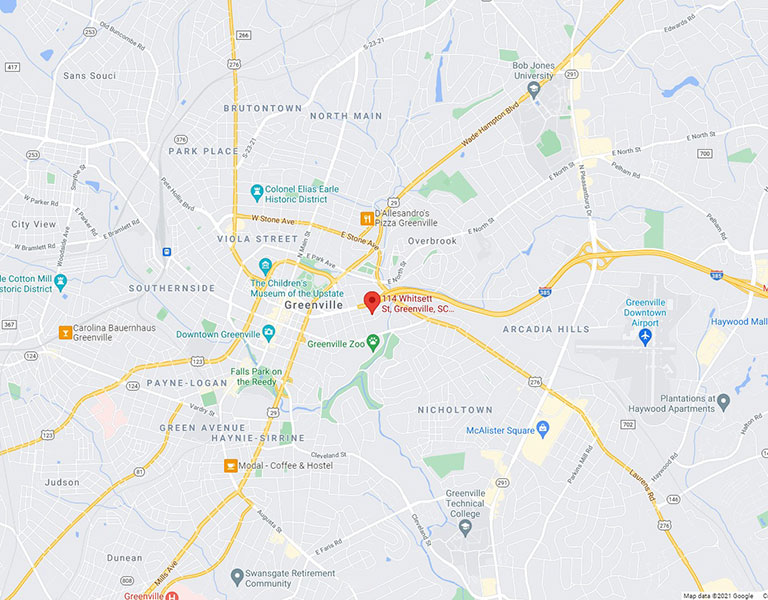As a pharmacist, you handle prescription drugs daily, including Schedule II, II and IV medications such as Ritalin, Vicodin and Percocet.
An investigation of a complaint related to the possible diversion of a controlled substance points to you. How did this happen and what should you do?
Cracking down
Drug diversion involves the transfer of a legal prescription drug to an unlawful path for use or further distribution. In 2014, the South Carolina Prescription Monitoring Program came about to add weight to the enforcement of prescription drug laws. The state maintains a database of prescription drug information under the South Carolina Reporting & Identification Prescription Tracking System, known as SCRIPTS. The database includes all the dispensing activity for schedules II through IV controlled substances by retail and hospital pharmacies in the state.
Inspection
The Bureau of Drug Control or BDC enforces the state’s Controlled Substances Act and conducts site inspections of pharmacies to ensure the handling of controlled substances is in compliance with state and federal laws. A complaint about the dispensing activity and maintaining of records at your pharmacy led to a BDC inspection, which has prompted an investigation into violations and the possibility of a drug diversion scheme.
Next steps
Building a defense strategy should begin early in an investigation for possible participation in drug diversion. The prescription drug laws in South Carolina have expanded over time and if convicted of wrongdoing you could face a variety of penalties harmful to your future and career. Remember that you have rights that entitle you to a successful defense and the best outcome possible for your case.


